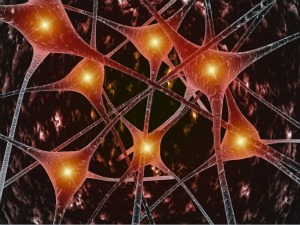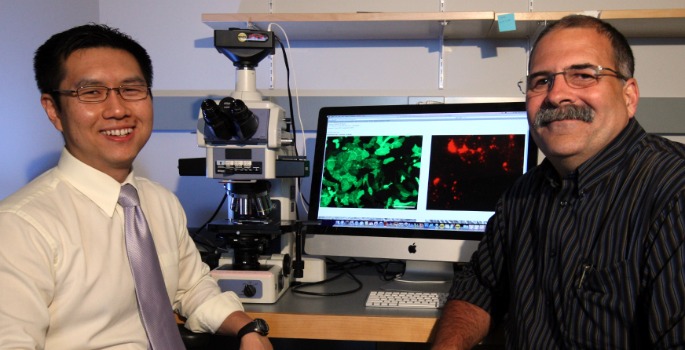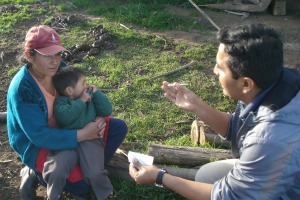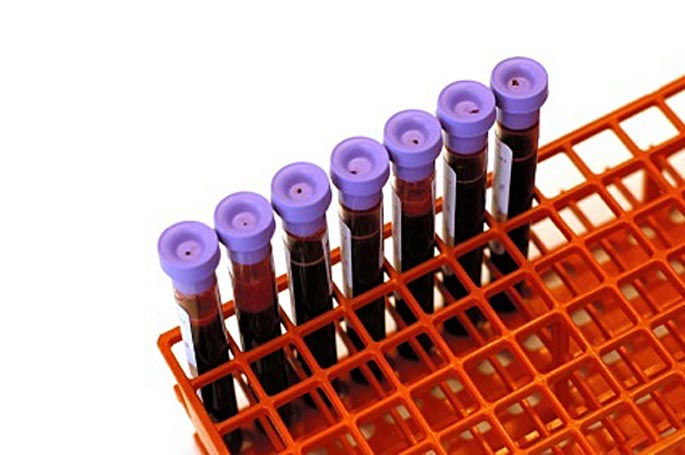Health And Medicine
-

Grants bolster eye research at Vanderbilt
Research to Prevent Blindness has awarded a grant of $100,000 to Vanderbilt’s Department of Ophthalmology and Visual Sciences to support research into the causes, treatment and prevention of blinding diseases. Read MoreJul 5, 2011
-

Eye Institute, Russian university to collaborate
The Vanderbilt Eye Institute has signed an agreement with Russia’s St. Petersburg State I.P. Pavlov Medical University to allow collaboration between the two entities on clinical and basic science research efforts. Read MoreJul 5, 2011
-

Stomach bugs impact nutrient levels
Helicobacter pylori, a bacterium that infects half of the world’s population and increases the risk for stomach cancer, appears to impair nutrient absorption. Read MoreJun 30, 2011
-

Protecting brainpower during radiation
Blocking a certain protein during radiation to treat brain cancers could protect the brain’s thinking powers. Read MoreJun 29, 2011
-

Different types of aggressive breast cancer identified
Vanderbilt-Ingram Cancer Center researchers have identified six subtypes of an aggressive and difficult-to-treat form of breast cancer. Read MoreJun 28, 2011
-

Inflammation relief: what’s the delay?
New research offers hope for patients needing the anti-inflammatory benefits of glucocorticoids without the adverse side effects associated with them. Read MoreJun 28, 2011
-

Focus on mental illness in gun debate is misleading
In an essay published June 25 in the journal The Lancet, Jonathan M. Metzl argues that “surprisingly little evidence supports the notion that individuals with mental illness are more likely than anyone else to commit gun crimes.” Read MoreJun 27, 2011
-

Blame game doesn’t help obese patients
New research into changes in the brains of obese patients and others with substance abuse issues indicate doctors should be more understanding when treating these patients. Read MoreJun 27, 2011
-

Antioxidant genes keep stomach moving
Antioxidant genes may be good targets for treating a stomach disorder that affects up to 40 percent of patients with diabetes. Read MoreJun 24, 2011
-

Grant to support neuroblastoma research
The Rally Foundation awarded an $80,000 grant to the Monroe Carell Jr. Children’s Hospital at Vanderbilt to fund a research study on the treatment of neuroblastoma. Read MoreJun 24, 2011
-

Children with autism take center stage at SENSE Theatre
Vanderbilt researcher uses theater as therapy for children with autism. Read MoreJun 24, 2011
-

Fine-tuned protein makes memories
Researchers discover new wrinkles in how proteins build memories. Read MoreJun 24, 2011
-

Cocaine’s effects on the teenage brain
Cocaine exposure during the teen years causes long-lasting brain and behavioral changes in rats. Read MoreJun 24, 2011
-

Tight blood-sugar control may prevent diabetes progression
A new study is using technology to achieve better control of blood sugar levels early in the the course of type 1 diabetes. Read MoreJun 22, 2011
-

Receptor ‘ties’ together blood flow, atherosclerosis
A discovery about the causes of atherosclerosis, a cause of heart attacks and strokes, may lead to new treatments. Read MoreJun 22, 2011
-

NIH grant bolsters emergency medicine training
The Department of Emergency Medicine has received a $3.5 million training grant from the National Institutes of Health, one of the nation’s first training grants in emergency medicine. Read MoreJun 21, 2011
-

Grant aids pediatric pneumonia study in Peru
Carlos Grijalva, M.D., MPH, assistant professor of Preventive Medicine, will go to the rural areas of the Peruvian Andes through a $500,000 grant from the Thrasher Foundation to examine pneumonia in children in the hopes of describing the association between common respiratory viral infections and bacterial infection. Read MoreJun 8, 2011
-

Magnesium affects prostate cancer risk
Low blood levels of magnesium are associated with more aggressive prostate cancer, a recent study suggests. Read MoreJun 3, 2011
-

Sex hormone may predict death
Changes in blood levels of the sex hormone estradiol may provide a clinically useful predictor of death in critically ill or injured patients. Read MoreJun 3, 2011
-

Trial tests novel treatment for heart failure patients
A new implantable device currently being studied gives heart failure patients the ability to monitor their heart and take action when their condition begins to worsen. Read MoreMay 27, 2011